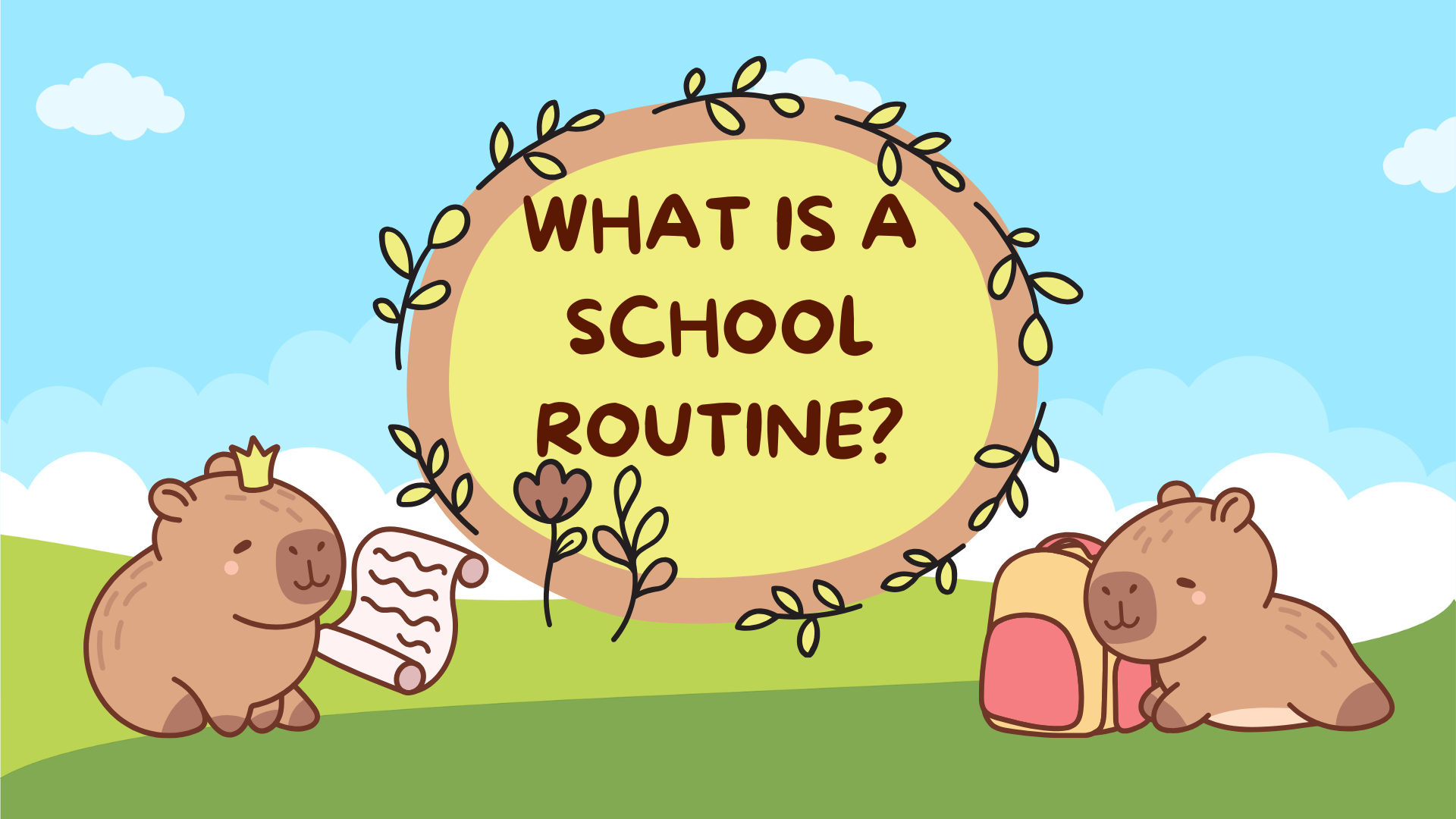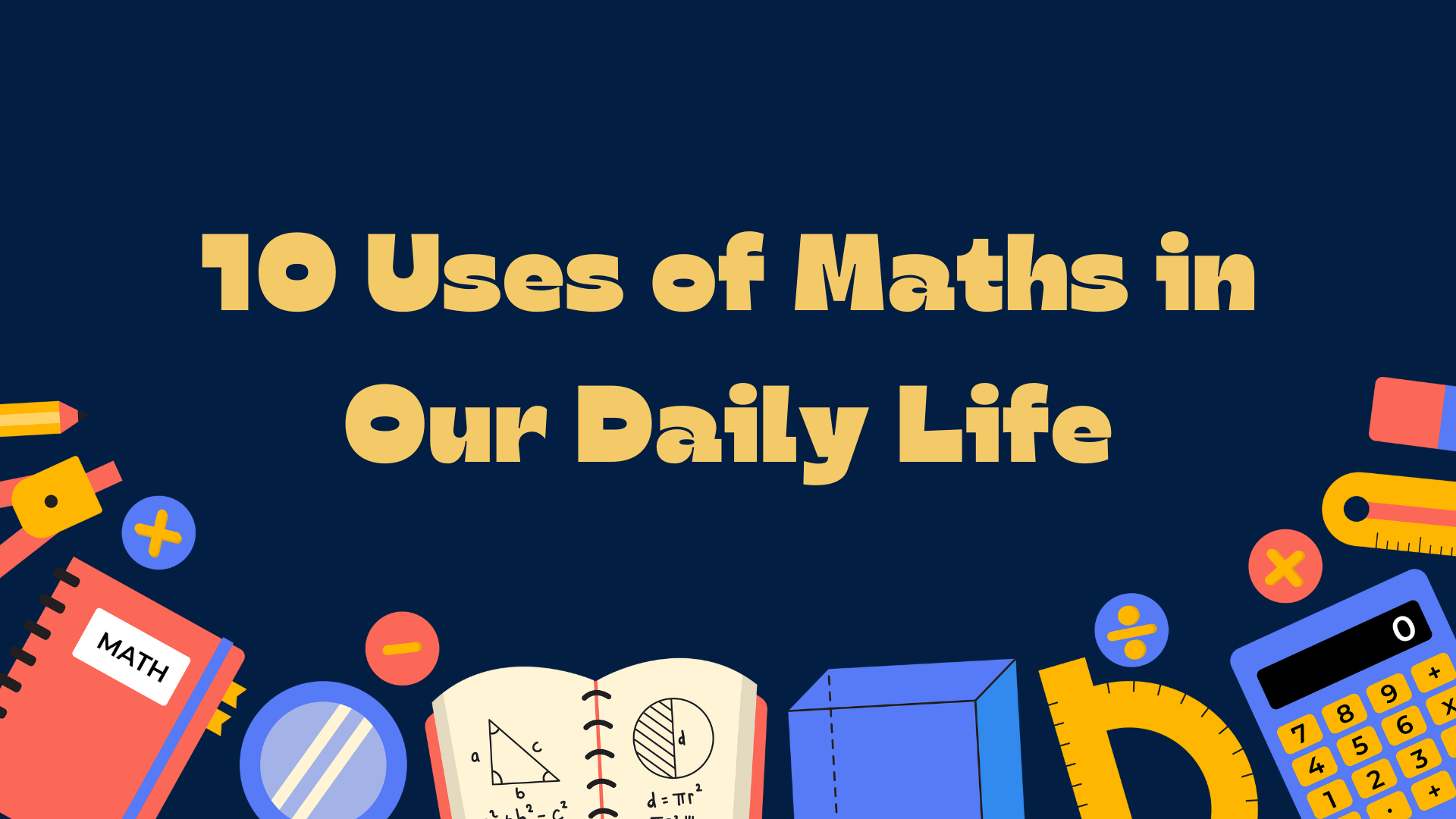
Role of CBSE To Teach Artificial Intelligence
Artificial Intelligence has taken the world by storm. Look around, and you will find the marvels of AI everywhere- from hospitals to shopping centers. As the younger generation is growing up surrounded by AI, equipping them with AI skills and knowledge is more essential than ever. CBSE skill education, here, is the opening gambit. Schools across the world have integrated it into their systems. CBSE schools in India are now moving a step further by teaching AI to their students.
Artificial Intelligence CBSE aims at empowering young minds with skills essential to shine in the highly competitive and technology-driven world. In this article, we will explore all facets of AI in the classroom, from the purpose of AI in the curriculum to its importance and benefits.
What is AI education?
In simplest terms, Artificial Intelligence is a set of technologies that capacitate computers to replicate human cognitive tasks, such as learning, reasoning, speech recognition, problem-solving, and decision-making.
Integration of AI in education aims at improving pedagogy and learning. It creates an interactive and personalized learning environment to help students thrive.
The purpose of AI in CBSE curriculum
The advancements of AI are revolutionizing the world. Who would have ever thought that a machine could understand and respond to spoken instructions?
The purpose of integrating AI in CBSE curriculum is to foster essential skills in students, including creativity, collaboration, problem-solving, and critical thinking that help them navigate the challenges of the modern digital age.
Benefits of AI education in CBSE schools
The introduction of AI in CBSE schools unlocks several academic and career opportunities for students. It educates children about the principles and applications of AI and promotes the development of several soft skills.
It fortifies fundamental technological knowledge
Artificial Intelligence is the future of this world. Fundamental knowledge of AI concepts is essential to survive in a cut-throat competition.
As AI has found its way into every industry, understanding the basic concepts of AI improves the career prospects of students.
CBSE curriculum incorporates the basic concepts of AI, such as data science, machine learning, neural networks, etc. Understanding these subjects gives students an edge over others and helps them advance in their careers.
It fosters critical thinking and problem-solving skills
AI education puts students’ skills to test through various hands-on projects. These projects require them to solve complicated problems. They develop essential skills like critical thinking, computational thinking, data analysis, and problem solving while navigating these projects.
These skills help them throughout their lives.
It strengthens their future prospects
AI opens many career opportunities for students. Students who learn AI in school have a better chance of excelling in fields such as AI engineering, data science, cybersecurity, robotics, etc.
Furthermore, foundational exposure to AI helps students assess their interests and chalk out a career plan that aligns with their passion.
It promotes imagination and creativity
AI in school allows students to interact with cutting-edge technologies, sparking their interest and anticipation. When students take up an AI project, they channel their energies into finding creative and innovative solutions to real-world problems. These activities foster critical thinking and nurture creativity while also enhancing their technical skills.
It enhances technical skills
The classes of artificial intelligence for school students incorporate teaching various programming languages, including Python, HTML, Scratch, Java, etc. These languages are essential to understand the basics of coding and analyze data.
Furthermore, it encourages logical reasoning.
It improves performance in other subjects
The benefits of AI in the classroom aren’t limited to computer science. It helps in improving performance in other subjects, including science, mathematics, history, and other subjects.
Students can use AI tools to understand scientific concepts, analyze data, and perform experiments. AI helps in research and generating timelines to help remember major historical events. Explaining difficult mathematical concepts, creating a writing style, summarizing and translating text, etc., are some applications of AI in other subjects.
By making learning easy, interesting, and interactive, AI helps in improving the overall academic performance of students.
It encourages the development of soft skills
AI in CBSE is an interactive learning process. Students are tasked with several practical projects and assignments that demand effective communication, creativity, collaboration, and teamwork.
Furthermore, by using several AI tools, they become familiar with the latest technologies.
It makes students self-learners
Artificial Intelligence CBSE education puts students in a self-learning mode by making learning engaging and fun. Inculcating new skills and using the latest technology makes them confident. The excitement of using new tools and learning new techniques enhances their curiosity. They become eager and motivated to learn and grow. Gradually, with technological upgrades, they learn to adapt to the dynamic, tech-centric world.
How do schools teach AI in the classroom?
CBSE offers AI courses at middle school, secondary, and senior secondary levels. Each course is designed keeping the age, caliber, and mental capacity of students.
The classes comprise interactive and hands-on learning sessions using AI tools, easy experiments like creating chatbots or AI applications, coding, learning languages, etc.
Well-trained staff teach the ethical and responsible use of AI, and robust infrastructure facilitates the entire learning process.
The bottom line
Artificial Intelligence CBSE skill education imparts skills that make them capable of creating a successful career. DWPS Barasat has also jumped onto the bandwagon.
With a well-thought-out syllabus, trained staff, and modern teaching modalities, DWPS Barasat cements a solid foundation of AI concepts in the minds of students and prepares them for future career opportunities.







